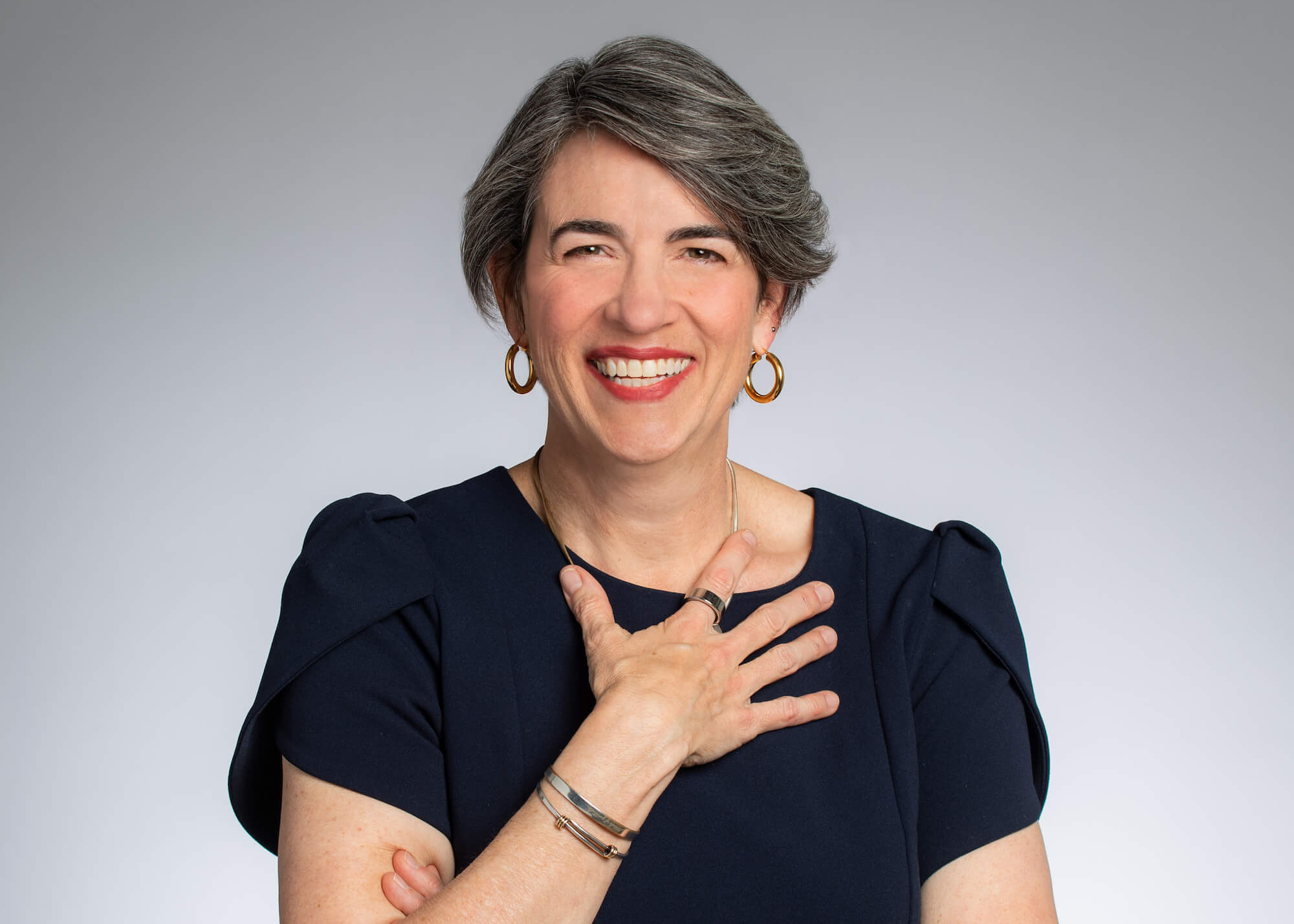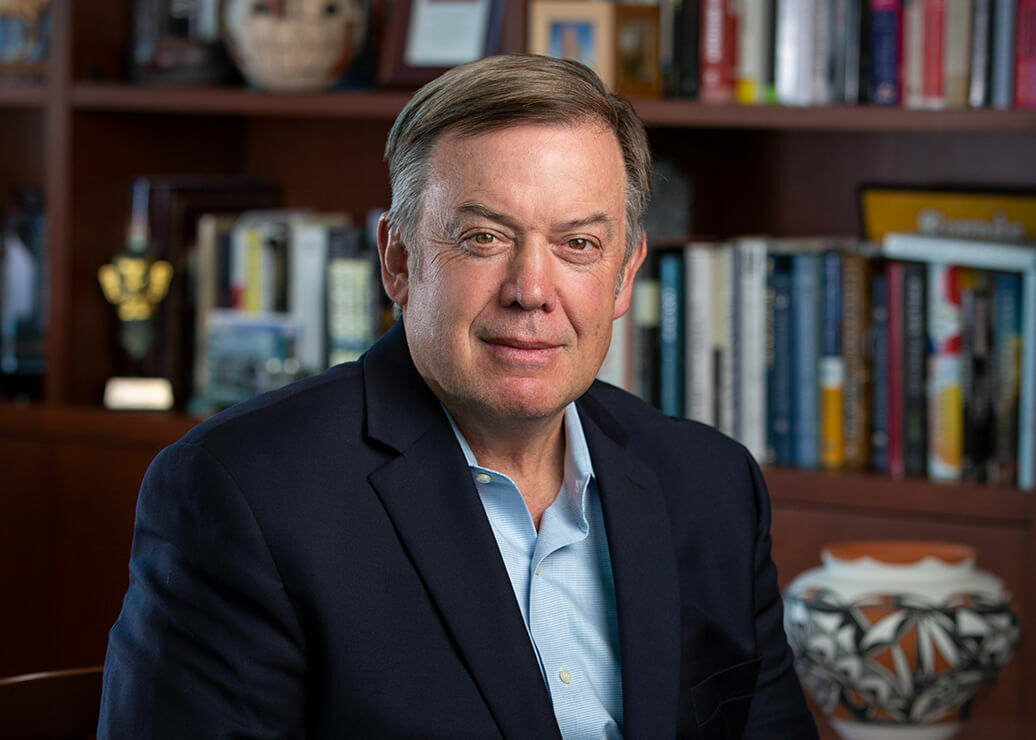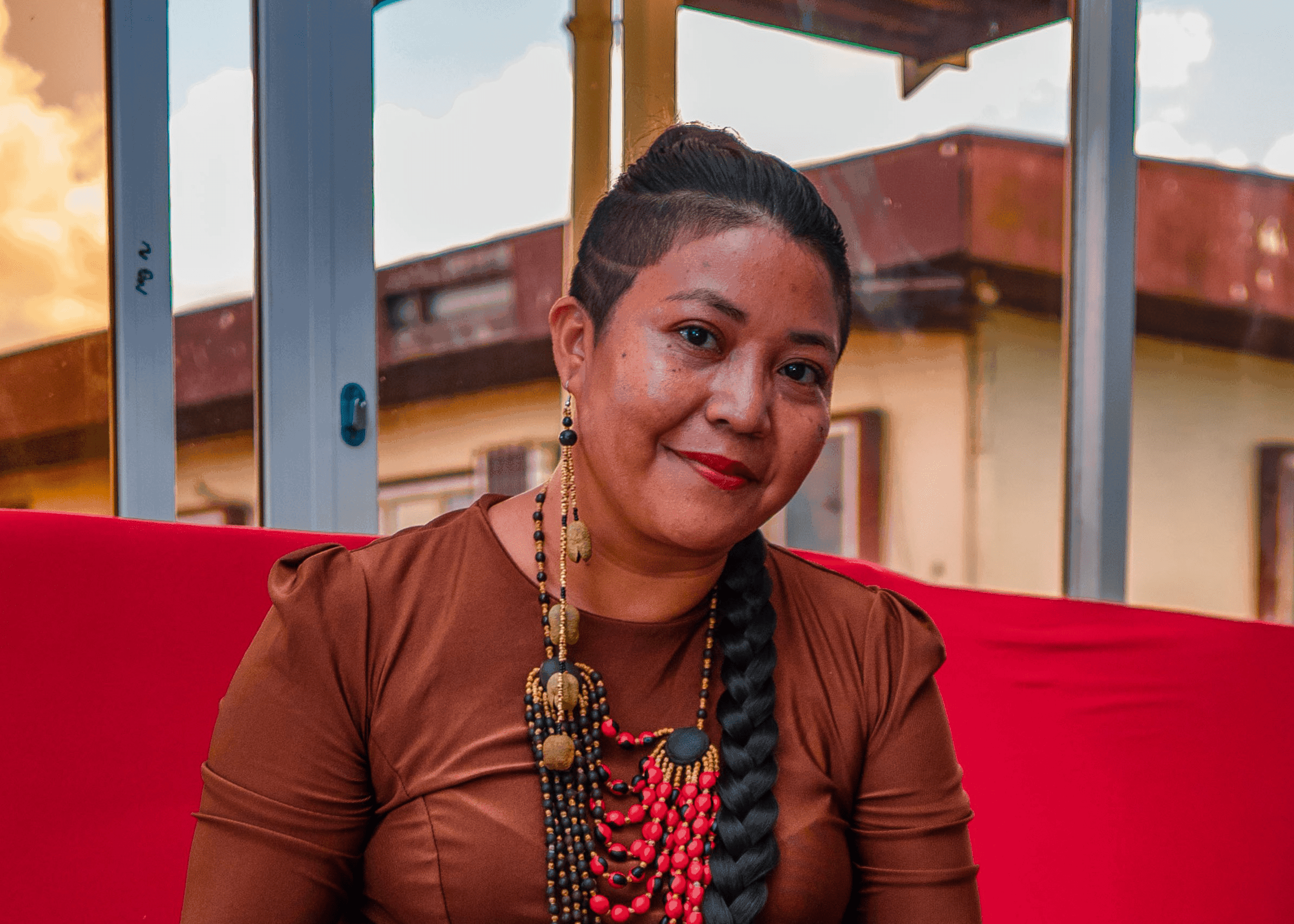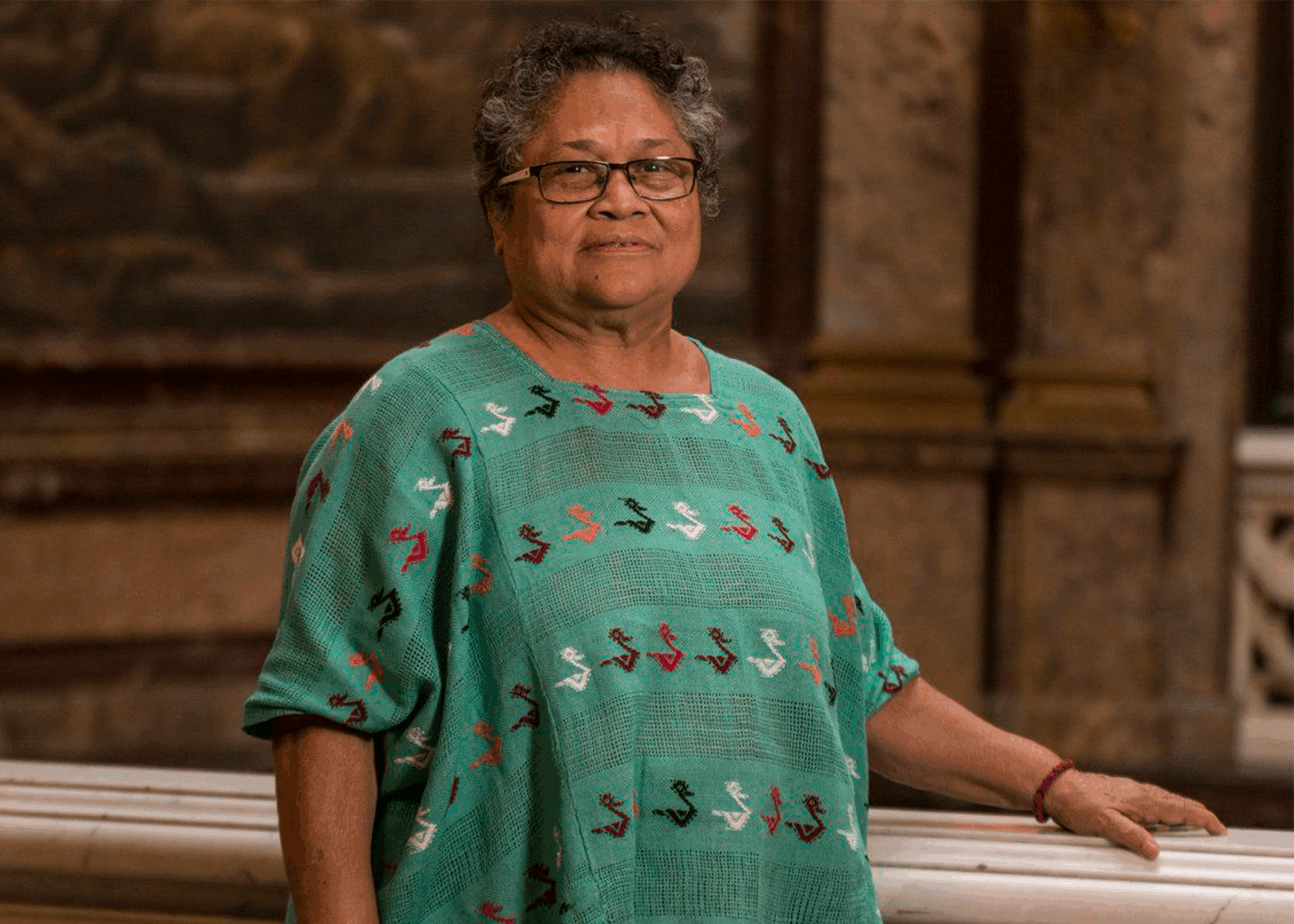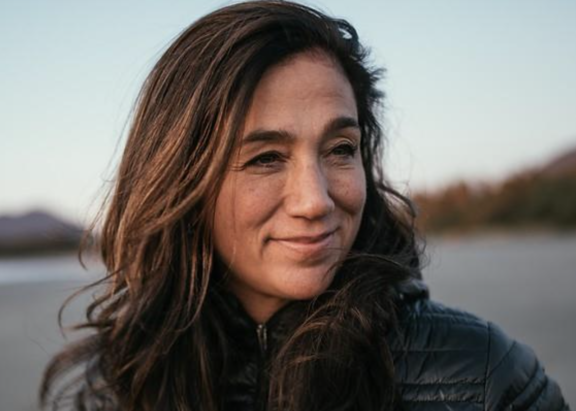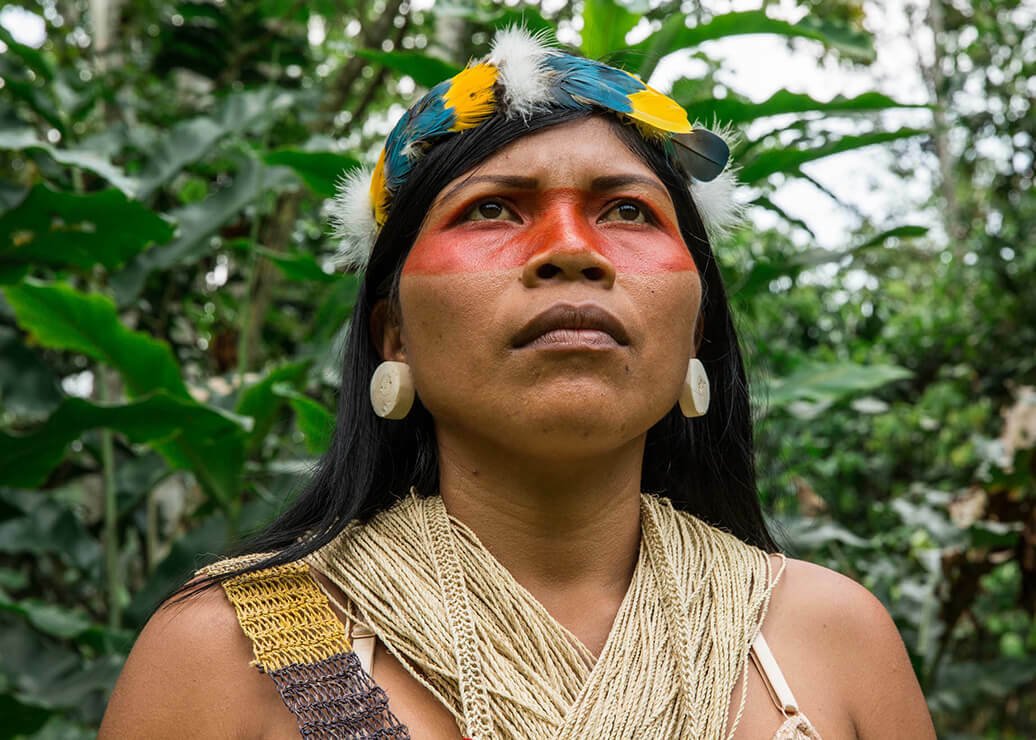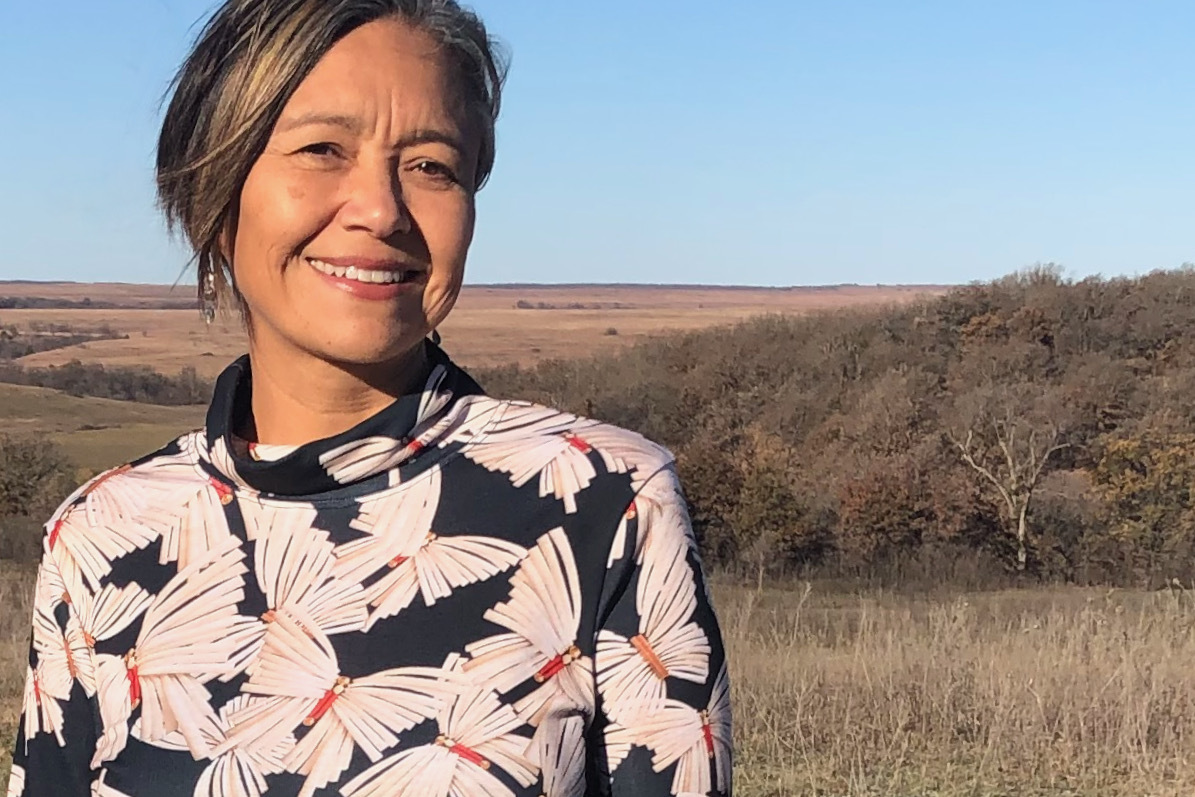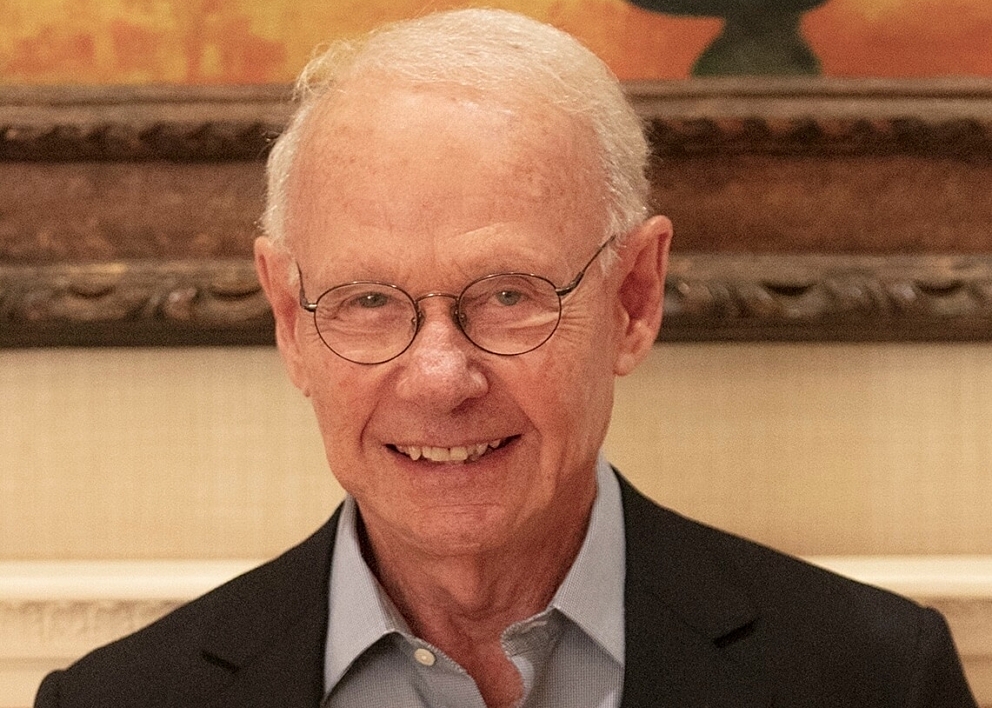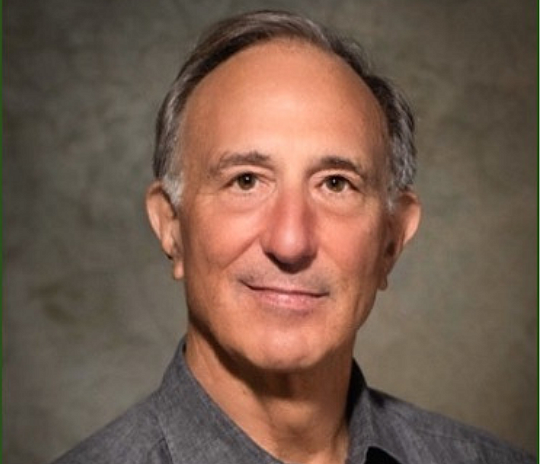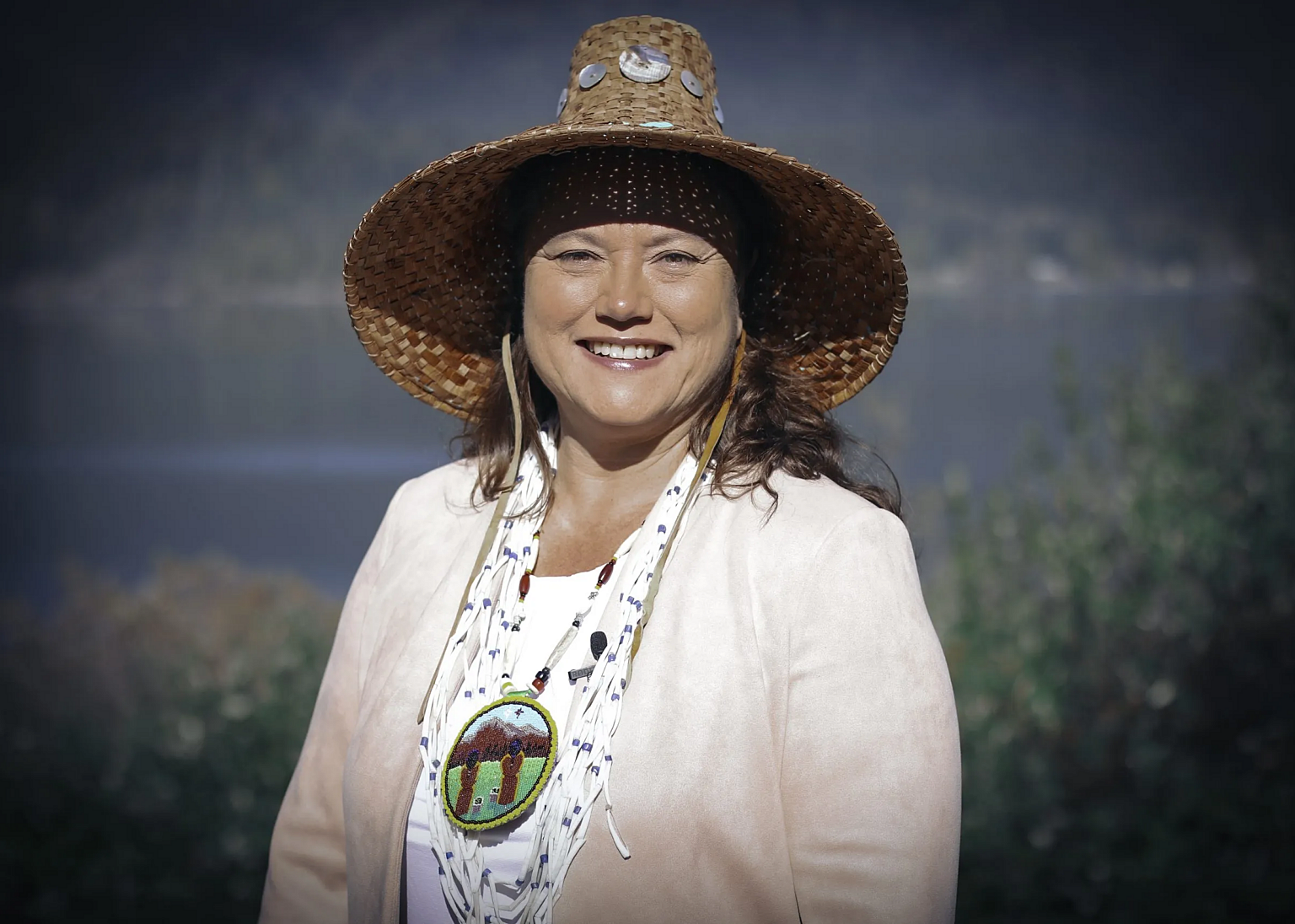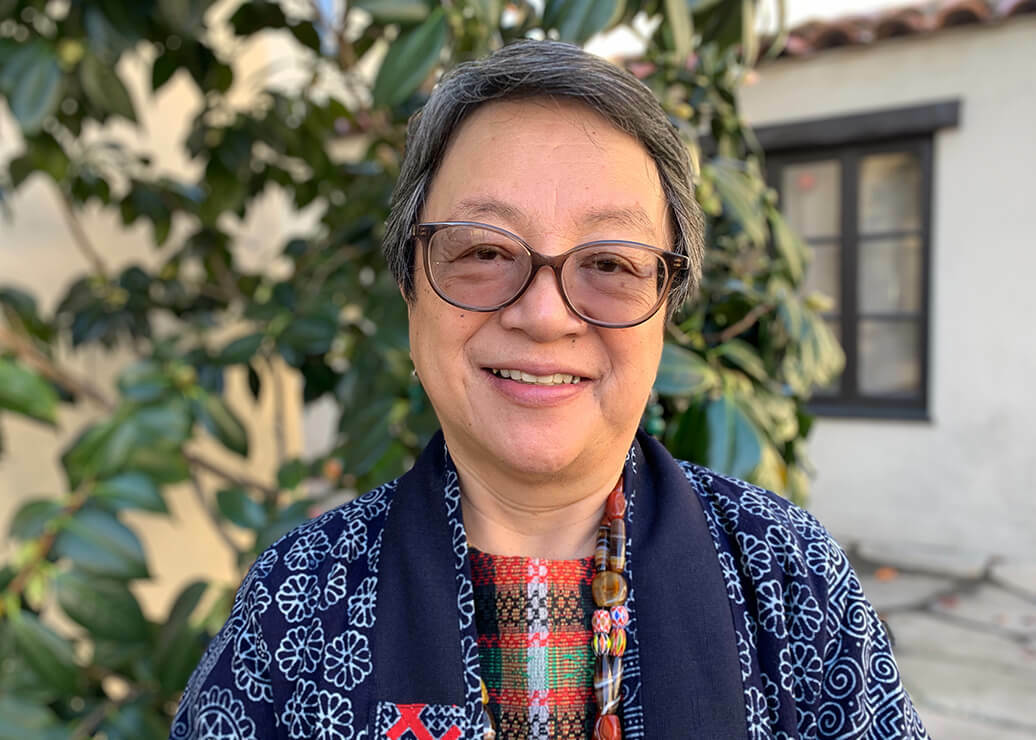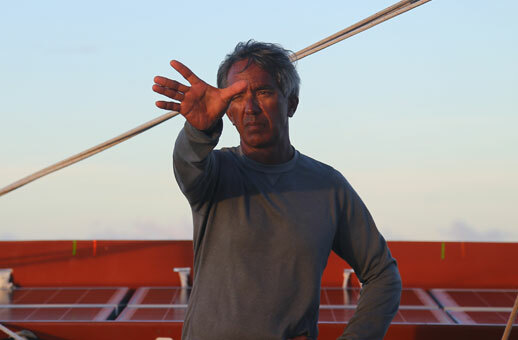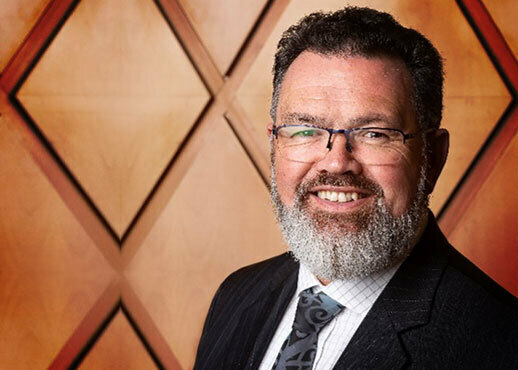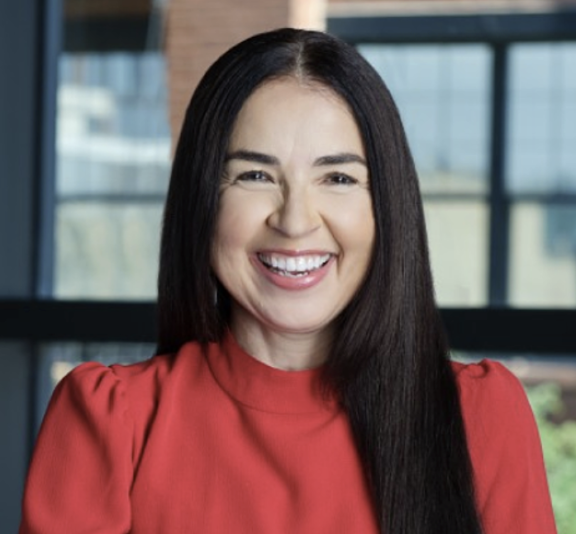
Kathy Baird
Kathy Baird is Sicangu Lakota, an enrolled citizen of the Rosebud Sioux Tribe, and is also a descendant of the Oneida Nation of Wisconsin.
She is the Chief Impact Officer for McDonald’s U.S. Prior Baird served as Chief Communications Officer of The Washington Post. She was named a 2025 Sulzberger Fellow at Columbia School of Journalism and worked in Global Communications at Nike where she leveraged the power of sport to shape a healthier planet, active communities, and an equal playing field for all.
Before Nike, Baird was the Managing Director and Head of Ogilvy’s Washington, DC office where she oversaw a cross-functional integrated business and profit center. Clients included The Washington Post, Smithsonian Institution, BP, Mozilla, Twitter, and Five Guys among others. While at Fleishman Hillard, she led the Integrated Marketing team, served as one of the agency’s leading digital voices during her tenure, and led some of the agency’s largest global accounts including Visa, Inc., the Abu Dhabi Government (Tourism), and others.
She served as an adjunct professor at Georgetown University for ten years in their Masters in Corporate Communications and Public Relations school where she taught Digital Communications, Integrated Marketing, and Leadership courses. In 2014, Baird co-founded The Unified Scene Theater which brought classes and workshops to students and businesses across the U.S. She is a recipient of the ColorComm Circle Award, recognizing women of color who are changing the face of the communications industry and a Washington Women in PR Nominee.
Baird serves on the advisory board of American Indian College Fund, and served on the Advisory Board of IllumiNative. She is also a former board member of Rare, a global leader in international conservation.
